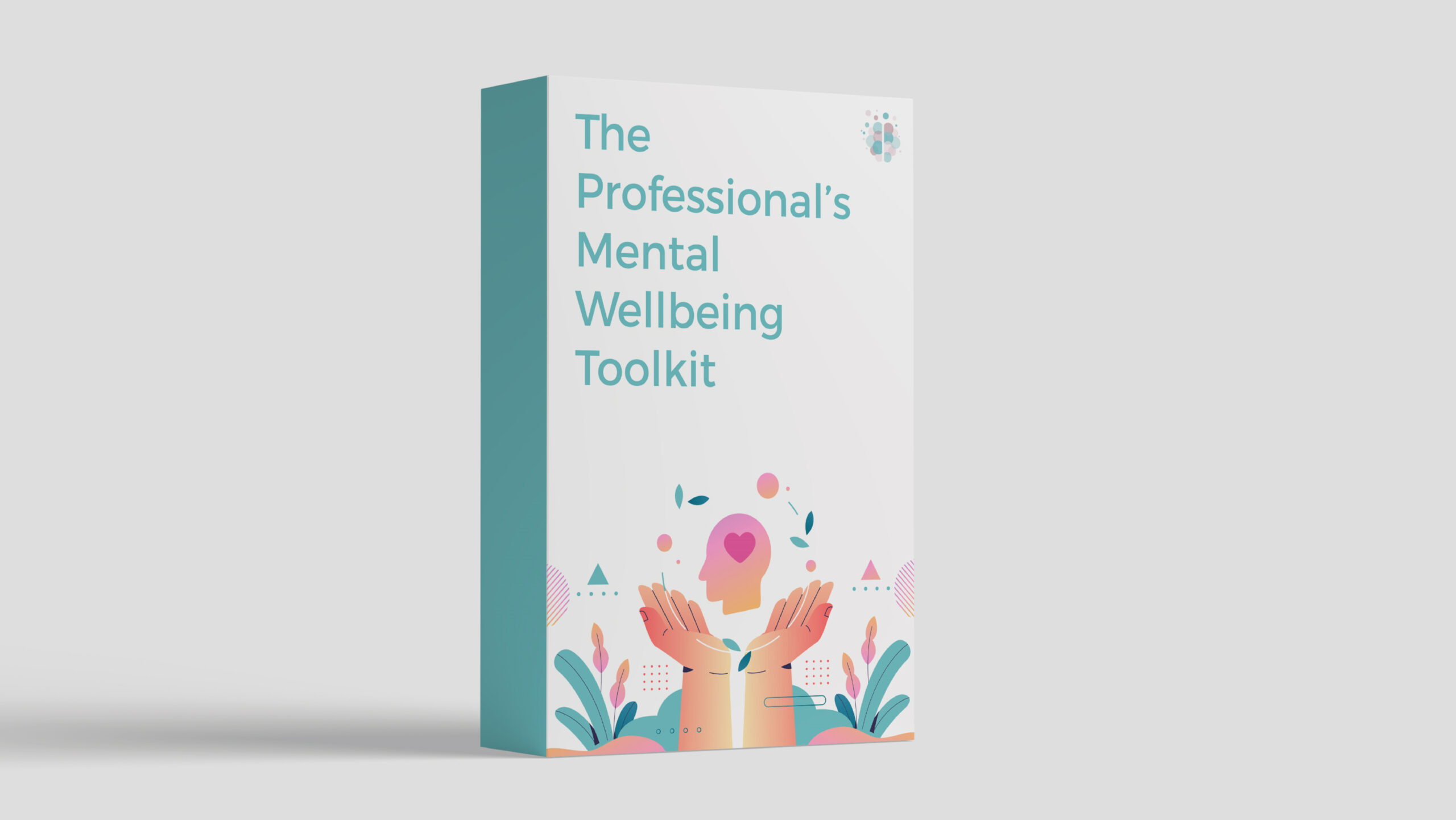If you want to become a coach, or are looking to elevate your skills as an existing one, you might consider a coaching certification.
However, a Google search for “best coach certification program” returns thousands of results, and “top coach certification programs” leads to countless lists, which can quickly make the process of selecting the right training seem overwhelming.
Keep reading to learn more about top coaching certification programs, including how to evaluate them and whether they’re worth the price of admission.
What Makes a Good Coaching Program?
Choosing the best coaching certification is a matter of opinion and really depends on what you want to gain from participating in a program. That said, here are some questions to ask yourself when reviewing training options:
- What are the qualifications of the instructor(s)? Take note of their experience in your particular industry, education, credentials, and credibility.
- How do you prefer to learn? Does the program primarily rely on synchronous or asynchronous learning? Is supervision or peer support important to you, and if so, are these included?
- What’s your budget? As you review programs, be sure to check whether the program requires you to accumulate continuing education units or recertify periodically, as this can add hundreds or thousands of dollars in costs.
- How will you be evaluated throughout the program? What opportunities, if any, are available to put your new skills into practice during the training?
- Will there be an exam or assessment at the end of the program that you’ll need to pass before you receive your certification?
- What support is available outside of the program? How about after you have completed it?
- Is the program evidence-based?
- Is a coaching program with name recognition important to you?
How to Choose the Best Coaching Certification Program
These questions are merely a jumping off point as you begin to identify the best coaching training program for you. Reflect on what is most important to you in a certification program, and then work to choose the best one based on your needs and goals.
For instance, if you want to offer your clients additional career assessments and personality inventories, you might consider opting for one of the certifications offered by The Myers Briggs Company, such as the Strong Interest Inventory or the Myers Briggs Typology Inventory (MBTI).
Similarly, if you want to learn how to apply a strengths-based approach to your work, Successful Strengths Coaching with Gallup might be the right fit for you.
Also, some programs focus solely on building your coaching prowess, while others also focus on the marketing, sales, and operational aspects of owning and running a coaching business. Consider whether you want to participate in a coaching certification that teaches you business development.
Additionally, be sure to speak with several alumni of each program you’re evaluating, as their insights and feedback will be invaluable as you narrow your options. Some coach certification programs boast impressive websites yet leave much to be desired once you enroll.
Your rubric for evaluating coaching certification programs might look like something like this:
- Qualifications of the instructor…
- Program delivery method…
- Outside-the-classroom support offered…
- Program tuition and recertification costs…
- Evidence-based coaching methodology…
Is It Worth It To Get a Coaching Certification?
While only you can decide whether gaining certification as a coach is worth it, some of the benefits of advanced training include:
- Improving your skills, abilities, and aptitude as a coach.
- Demonstrating your commitment to the profession of coaching.
- Building a strong network of fellow coaches that you can call upon.
- Staying on top of the latest trends and best practices in coaching.
- Bolstering your self-esteem and self-confidence.
- Setting yourself apart in the currently unregulated coaching industry.
Can You Call Yourself a Coach Without a Certification?
Speaking of which, technically anyone can call themselves a coach, regardless of their certification or credentials. That said, the current lack of regulation within the industry, coupled with the rise of advice-giving on social media, might be additional incentives for you to consider pursuing certification or credentialing as a coach. Plus, it never hurts to bolster your skills and confidence.
Summary
Unless a client or company demands it, you don’t need to pursue a specific coaching certification – you have lots of options. Consequently, take time to find a coaching program that aligns with your goals and needs, conduct your research and due diligence, and only invest once you feel confident that it’s the right one for you. You’ve got this!
Support Clients With Mental Wellbeing?
Be sure to check out The Professional's Mental Wellbeing Toolkit for coaches and therapists – it has “everything you need all in one place.”
About Kyle
Dr. Kyle Elliott, MPA, CHES (he/him/his) is the founder and career coach behind CaffeinatedKyle.com. He is an official member of the invitation-only Forbes Coaches Council, a member of the Gay Coaches Alliance, and a Stability Leader with The Stability Network.
Kyle’s words have been featured in Business Insider, CNBC, CNN, Entrepreneur, Fast Company, Forbes, Fortune, and The New York Times, among dozens of other leading publications. When not helping Silicon Valley’s top talent find jobs they LOVE, you will find him at Starbucks or Disneyland.

